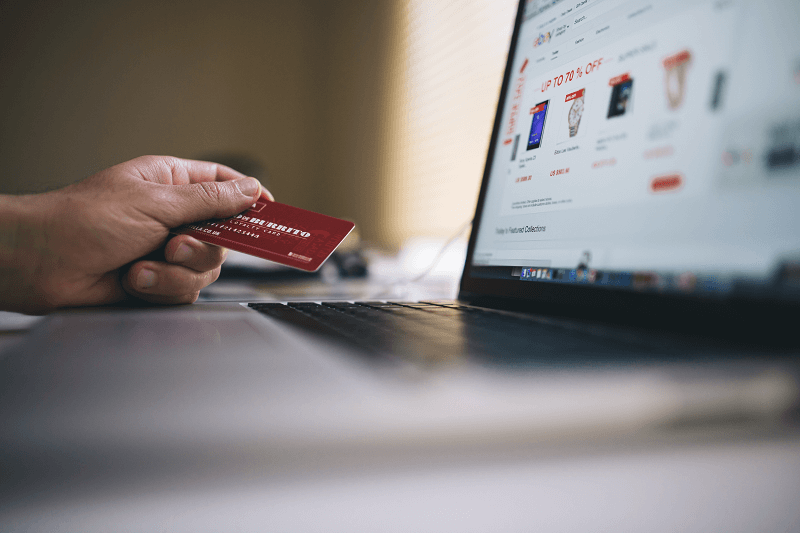As if we didn’t have enough to worry about these days, the credit reporting agency Equifax has just revealed that the personal information of up to 143 million consumers was hacked. That information included Social Security numbers, birth dates, addresses, license plate numbers, credit card numbers and other personal data.
Although the attacks at Yahoo! were much larger in scale, with 1 billion accounts hacked, the Equifax one is far more menacing, because so much personal information was made vulnerable. And, of course, we can’t know for certain what information exactly was stolen, who has it, nor what they plan to do with it.
And it gets worse: Despite the severity of the attack, it was six weeks before Equifax reported the breach, which is another reason to take responsibility for keeping tabs on our credit and personal information. A lot can happen in six weeks!
We’ve covered the issue of protecting your personal information here before, but following this massive and frightening breach, it’s probably time to reiterate the importance of being proactive, and how to go about it. So here we go…
Password1 and Password2 aren’t enough
Change your password frequently and effectively; even switching your passwords up every 6 to 12 months can help protect you from hackers. Try to vary passwords as well, using different words and numbers to help defend from a “domino effect,” where one password can give access to all of your other accounts.
Take credit for your credit reports
Annually check your credit at http://www.annualcreditreport.com/ to look for errors and potentially catch someone using your information to apply for credit.
Watch where your money goes
Keep a close eye on your banking a credit card statements, and notify your bank if you notice any unusual or suspicious activity. Fraudulent charges aren’t always hundreds or thousands of dollars; they could be just a few bucks if someone is testing the waters with your information.
Those are the most obvious steps you can take regarding data breaches, but here are some other proactive ways to protect yourself from identity theft, as well:
- Check your mailbox: Even your junk mail can have both your name and your address on it, so be sure to shred anything with personal data and remove the address label before disposing of your unwanted mail.
- Keep your SSN off your person: Anything with your personal information, such as your social security card or a sticky note with your PIN, can be lost if carried with you. Store important data in a safe place so it won’t get lost if you drop your wallet while out and about.
- Age is but a number: Don’t publish your full birthdate on social media sites. Sites such as Facebook and Twitter allow you to show your month and day while hiding your birth year, so friends can still know when to post that “Happy Birthday!” without you risking personal information being stolen.
Overall, paying close attention to your personal data and being cautious with your information are the best ways to stay safe from hackers, data breaches, and any unsavory characters online. These are simple steps that only take minutes out of your day and even your year and can help to protect you and your family to the best of your abilities. Because when one of the biggest credit reporting agencies in the world falls victim to hackers, is anyone’s information really safe?

